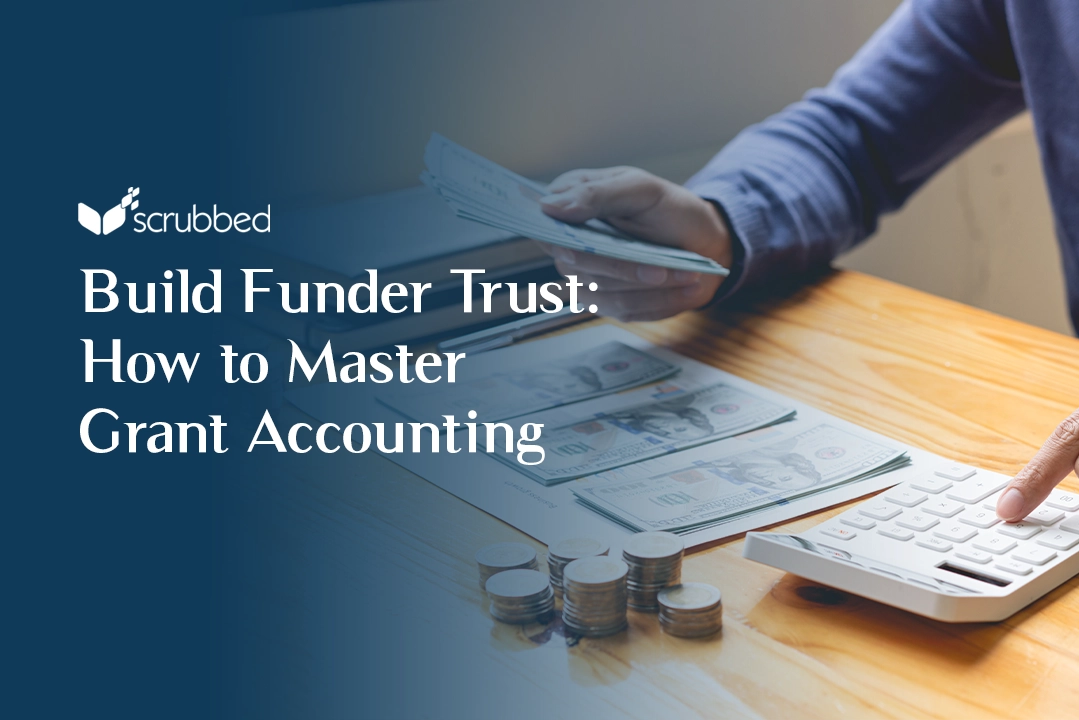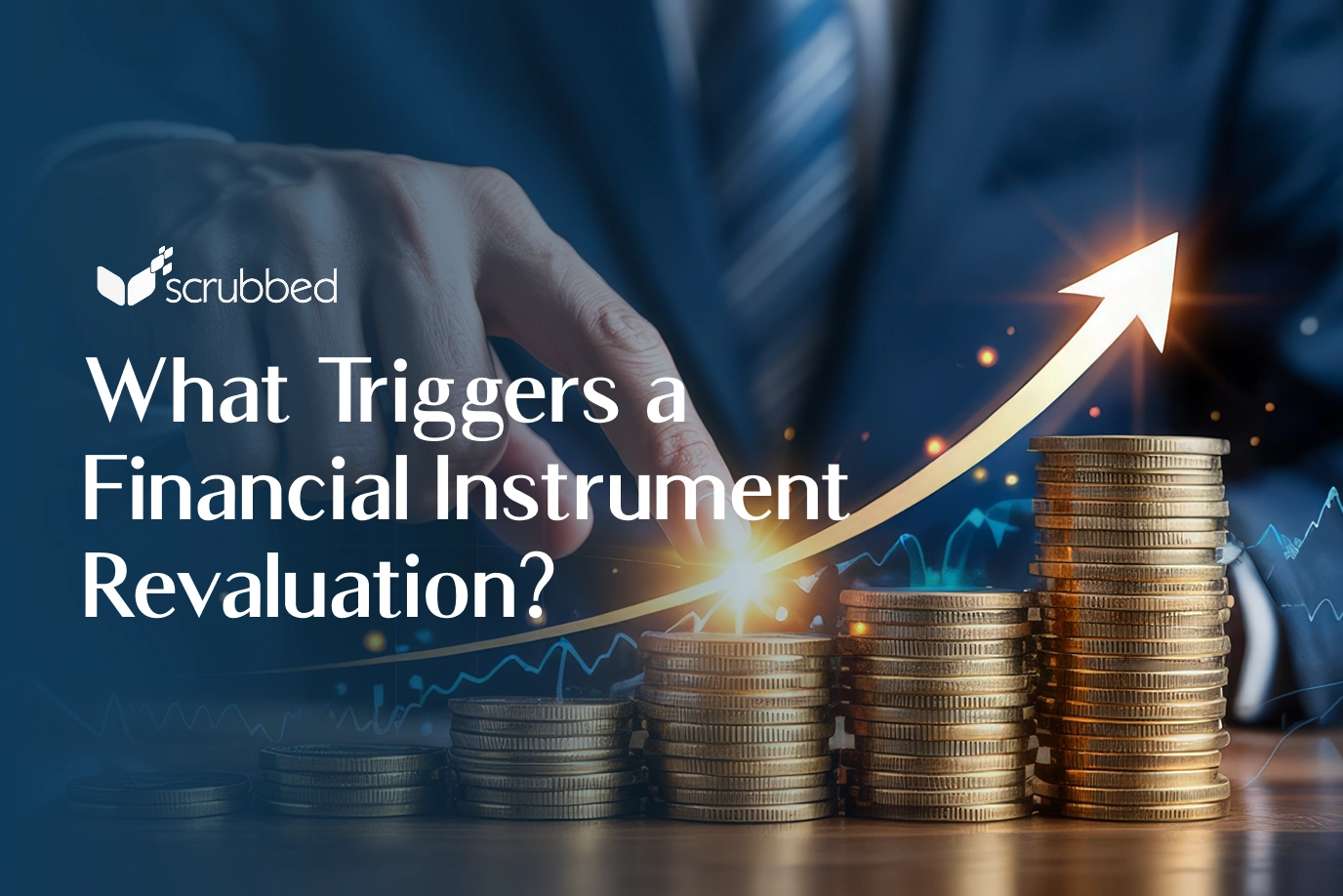Picture this: You’re a business owner who founded, nurtured, and grew your business from operating in a coworking space to a million-dollar enterprise headquartered in one of the fanciest business districts among your peers/competitors. You’re even dubbed as one of the visionaries in your field, spearheading cutting-edge innovation in the industry that pushed your business to heights you never dared to imagine when you were starting. Eventually, you’ve come to a point where you find yourself at a crossroads – either you continue to reinvest the company’s earnings to fuel growth, find a partner or investor who can support your plans, and maybe even go the distance with you via an IPO, or maybe you’re ready to cash in on all that hard work and turn the reins over to a new owner. Going through the M&A route means bringing your company under the microscope to these potential investors – you need to convince them your company is worth the money they’ll put in.
While your finances certainly aren’t the only aspect of your business a potential buyer will evaluate, several financial measures are especially important for determining how your business is valued; hence your company’s selling price. For the most effective negotiations and the best possible deal outcome, you need to be ready to present reliable and audit-ready data.
Need help with your M&A Deals ? Visit our page for free consultation.
How Buyers Assess Your Finances During a Deal
A buyer expressing interest in acquiring your business will want to evaluate it from every angle before proceeding, through a rigorous process called due diligence. They’ll want to understand your product/service, technology, intellectual property, management team and staff, competitive position, contracts, legal matters—and of course, your current financial position and your future financial prospects.
Having reliable financial data influences two key aspects of the M&A transaction:
- It affects whether a buyer will be willing to purchase your company. Before moving ahead, a buyer will need to know that your company is financially sound and is on a sustainable growth trajectory. To gain that assurance, they’ll expect to review your financial statements—including income statements (also called the P&L), balance sheets, and cash flow statements for multiple periods—as well as several years of tax returns. Having your numbers ready to be reviewed with all the supporting documentation you can think of will be extremely helpful in the sale process. Your potential investors and their people doing the due diligence will certainly appreciate it, and it can also help expedite the process for you. In certain cases, they might also ask for your company’s financial forecasts, which may entail you sitting down with a corporate finance advisory expert to help build the financial model you’ll present to investors.
- It affects whether a buyer will be willing to purchase your company. Before moving ahead, a buyer will need to know that your company is financially sound and is on a sustainable growth trajectory. To gain that assurance, they’ll expect to review your financial statements—including income statements (also called the P&L), balance sheets, and cash flow statements for multiple periods—as well as several years of tax returns. Having your numbers ready to be reviewed with all the supporting documentation you can think of will be extremely helpful in the sale process. Your potential investors and their people doing the due diligence will certainly appreciate it, and it can also help expedite the process for you. In certain cases, they might also ask for your company’s financial forecasts, which may entail you sitting down with a corporate finance advisory expert to help build the financial model you’ll present to investors.
- It influences how much a buyer is willing to pay for your company. One of the key metrics that will drive the offer price and ensuing negotiations is your business valuation. Notwithstanding other factors, a reasonable valuation relies on your financials faithfully representing the state of your business.
If you expect to negotiate a deal from a position of strength and arrive at the best sale price and deal terms, you must be able to depend on sound, reliable, and verifiable financial data during the M&A process.
The Financial Metrics That Matter in an M&A Deal
When an investor is considering acquiring your business and determining how much they’re willing to pay for the company, they’ll find several financial metrics especially important to the decision. While a potential buyer will scrutinize your financial statements and other financial data in their entirety before agreeing to proceed and committing to a purchase price, the following metrics tend to top the list of financial measures that influence the deal.
- EBITDA (Earnings Before Interest, Taxes, Depreciation, and Amortization). EBITDA helps a buyer gauge how much cash profit the business is generating from its operations. And since a lot of investors value companies using EBITDA multiples, you must demonstrate strong, steady, and sustainable EBITDA.
- Revenue. Ideally, your financial data will show that your revenues are growing consistently and in a sustainable manner. Investors also prefer businesses that have steady, recurring revenue coming from a diversified base of clients or customers, or large, long-term contracts—both of which reduce your revenue risk. Revenue is also another metric used for valuation in certain situations.
- Working Capital. Working capital represents the difference between your company’s current assets (such as cash, accounts receivable, and inventory) and its current liabilities (such as accounts payable and short-term debt). A positive working capital suggests that the company has enough resources to meet its current obligations, which can indicate financial stability. On the other hand, a negative working capital might suggest that a company is struggling to meet its short-term obligations, potentially indicating financial distress.
- Gross Profit Margin. Gross profit margin is found on the income statement and is a widely used measure of financial health. It shows what you have made after paying your direct costs, and tells us how the company can effectively price its product or service and how it’s able to efficiently manage its direct costs.
- Operating Income. This metric provides insights into the core operations of a business before considering non-operational factors such as interest and taxes. It’s seen as a good indicator of what you have left to invest in growing the business. Thin margins tell potential buyers you have little to invest in growth and not much room for error in operating the company. A higher operating margin suggests better cost control and pricing power, which can be indicative of a well-managed and competitive business. Lastly, understanding the company’s cost structure enables you to ascertain if there are any economies of scale that the company has capitalized on, or is yet to take advantage of.
- Debt-to-Equity Ratio. Your debt-to-equity ratio gives buyers a sense of how your business is using debt to finance its operations. If your company is highly leveraged, potential buyers will also review other metrics to see if you get better financial performance (i.e., better revenue, margins, EBITDA than w/o debt). Buyers will also consider debt service metrics to see if the cash you generate from the business translates to better operations and better returns to shareholders, or just goes to debt servicing (i.e., payment of loans).
How Scrubbed Can Support Your M&A Process
To maximize the benefits of your M&A deal, it’s vital to provide reliable, professionally prepared financials that instill trust in prospective buyers. Being well-prepared for the transaction is equally important, and that’s where Scrubbed comes in!
Our team of finance and accounting professionals is highly experienced in developing financial statements for companies at all stages in their lifecycle, including businesses that are ready to be acquired. We know what potential buyers expect to see during the due diligence phase of an M&A deal, especially when it comes to financial data.
We also provide a broad range of corporate finance services that help you prepare for the M&A transaction, including financial due diligence, vendor assistance, financial modeling, and valuation services, preparing your pitch decks and information memos as well as supporting you in other facets of the deal process. In addition to M&A advisory, we offer real estate accounting solutions and other specialized financial services tailored to meet the needs of businesses in highly regulated and capital-intensive industries.
Contact Scrubbed to learn how we can work with you to attract buyers, obtain a reasonable valuation, and achieve your desired deal outcome.








